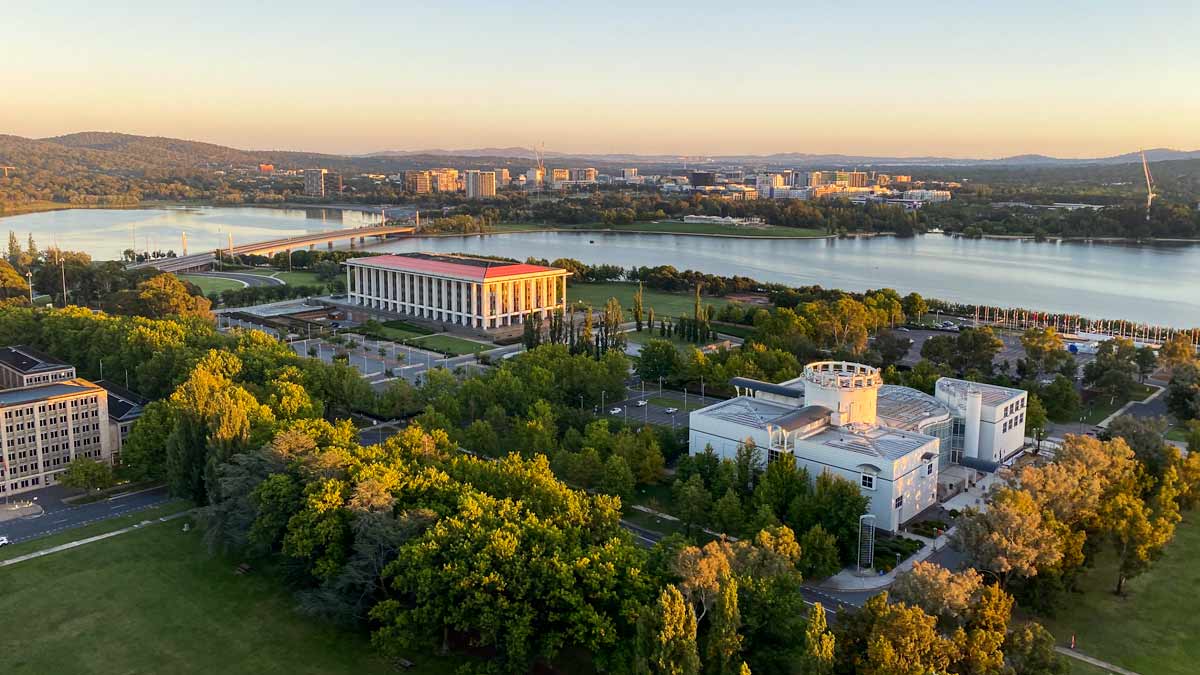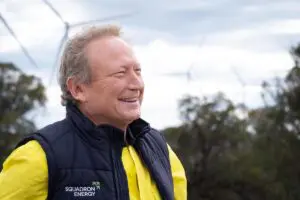Australia has signed back up to a global climate change fund for developing countries after an almost five-year absence.
The federal government announced on Thursday that Australia would rejoin the Green Climate Fund, a UN fund dedicated to financing projects to help smaller nations respond to climate change.
Australia was a signatory to the fund from 2015, before then-prime minister Scott Morrison said the government would not provide more money.
A spokeswoman for Foreign Minister Penny Wong said the government would provide a “modest contribution” to the climate fund before the end of the year.
“We have taken on board feedback from our partners in the Pacific on the best ways to direct our climate finance efforts and ensure all elements deliver for Pacific priorities,” the spokeswoman said.
“We recognise that the GCF is the most prominent global climate finance fund and we will work with partners to improve the GCF’s effectiveness.”
The spokeswoman said the resumption of financing the fund comes as Australia was supporting Pacific nations’ transition to renewable energy. Australia is also hoping to be a co-host of the annual UN climate talks in 2026.
“We are also helping countries access more climate financing from the major multilateral funds, by embedding climate finance experts in eight Pacific Island countries in partnership with the Climate Finance Access Network,” she said.
The decision to rejoin the fund has been welcomed by the Climate Council, with senior researcher Wesley Morgan saying it should have taken place earlier.
“Now we’ll need to seriously step up our contributions to international climate finance if we’re to do our fair share to help vulnerable nations deal with the growing impacts of the climate crisis,” Dr Morgan said.
“This is of course, very welcome, but the most important thing Australia should do is end support for new fossil fuel projects.”
Greenpeace Australia Pacific advisor Shiva Gounden said rejoining the fund was the right decision.
“Pacific communities are bearing the brunt of the climate crisis as they experience more severe storms, sea level rise and loss of agricultural land,” he said.
“While the commitment to a ‘modest contribution’ is positive, the key demand we are consistently hearing from Pacific leaders is for no new fossil fuels.”
AAP







